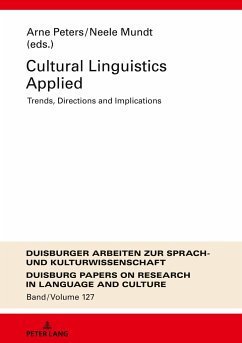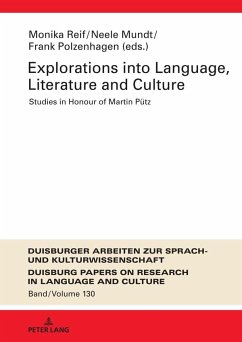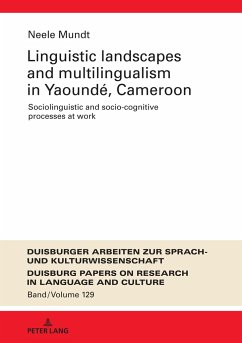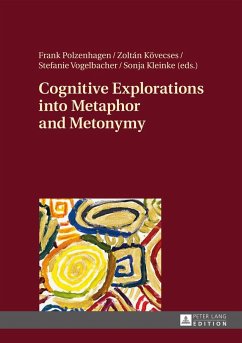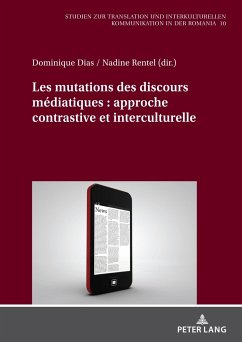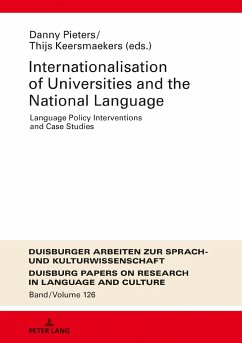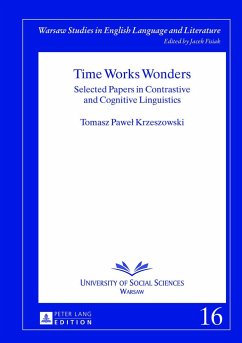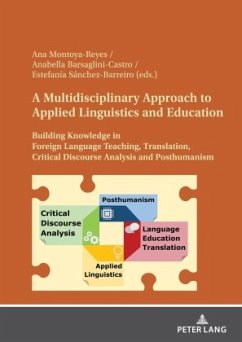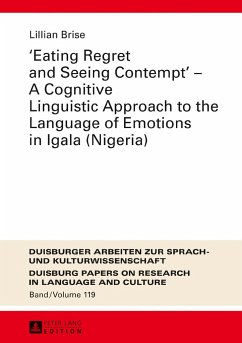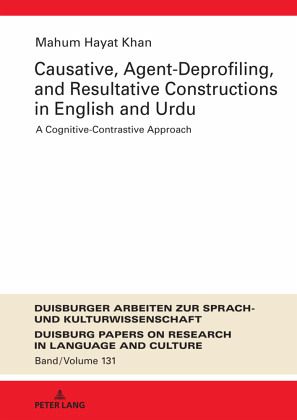
Causative, Agent-Deprofiling, and Resultative Constructions in English and Urdu
A Cognitive-Contrastive Approach
Herausgegeben: Polzenhagen, Frank
Versandkostenfrei!
Versandfertig in 6-10 Tagen
59,95 €
inkl. MwSt.

PAYBACK Punkte
0 °P sammeln!
The aim of this book is to provide a comparative analysis of intra- and inter- linguistic features, setting a benchmark for future typological studies. It contrasts cognitive and functional aspects of causative, agent-deprofiling, and resultative constructions in two typologically distant languages: English and Urdu. The detailed nature of the contrastive analysis opens doors for future research on the complexities of each construction and, by extension, of both languages. The study is framed within the field of cognitively-oriented constructionist approaches to language, specifically within t...
The aim of this book is to provide a comparative analysis of intra- and inter- linguistic features, setting a benchmark for future typological studies. It contrasts cognitive and functional aspects of causative, agent-deprofiling, and resultative constructions in two typologically distant languages: English and Urdu. The detailed nature of the contrastive analysis opens doors for future research on the complexities of each construction and, by extension, of both languages. The study is framed within the field of cognitively-oriented constructionist approaches to language, specifically within the Lexical Constructional Model (LCM), proposed by Ruiz de Mendoza and Mairal. With its cross-linguistic dimension, it develops central aspects of this model at the argument-structure level and provides evidence of the role of high-level metaphor and metonymy in the motivating grammatical phenomena.





